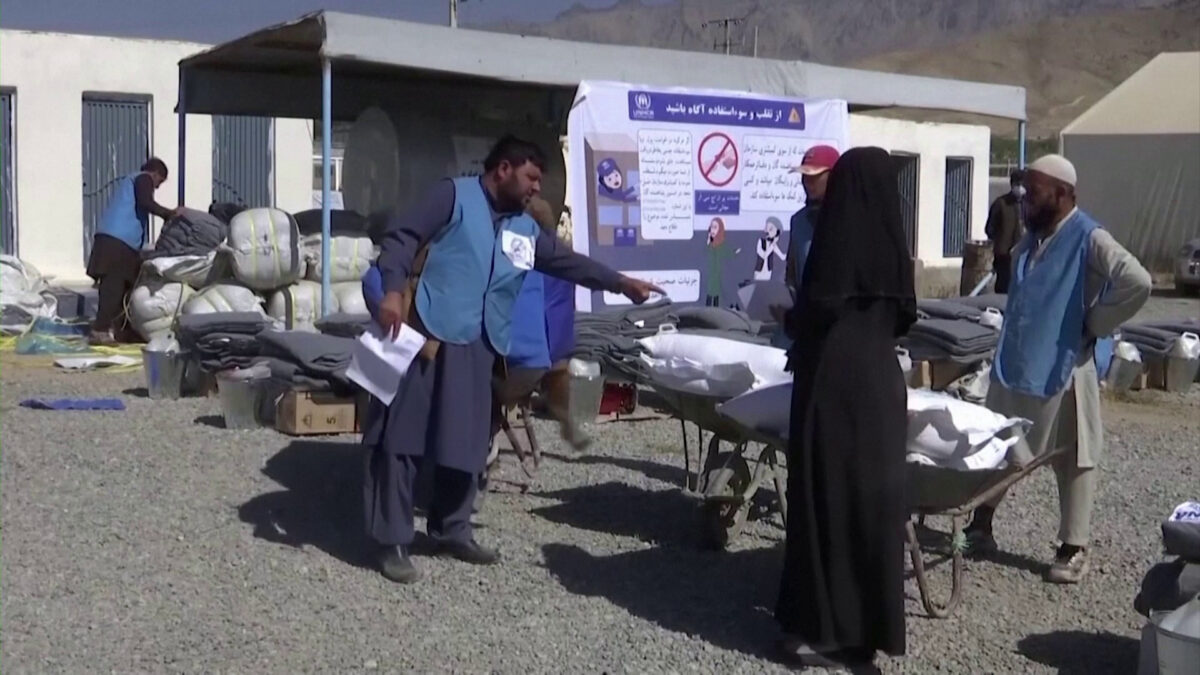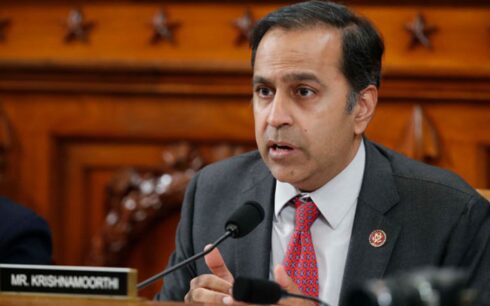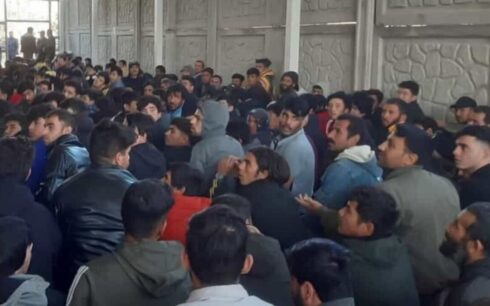UN experts on Friday denounced and called for an immediate reversal of the Taliban’s recent order barring women from working in international and national non-governmental organizations (NGOs).
They supported a unified effort of the international community to take a stand against this latest human rights violation, further banishing women from the workplace, preventing the delivery of life-saving aid and crippling the work of NGOs which will have a terrible impact on the entire country.
Just 4 days after the Taliban banned women and girls from attending universities, on 24 December, the acting Minister of Economy issued a letter barring women from working in international and national NGOs, “a further outrageous violation of women’s rights with the double blow of preventing the delivery of vital life-saving services and denying many women of their livelihood,” the UN experts said in a statement.
“The ban on women working in NGOs not only deprives women workers of their fundamental rights and livelihood but also prevents them from supporting their communities. It will further push women out of jobs and completely erase them from the public sphere,” said the experts.
They added that the ban will have a dire impact on local NGOs, particularly women-led NGOs, which have provided services and support for women, children and marginalized groups.
Many national civil society organizations will be dealt a grievous blow by this cruel and unlawful decision, the experts said.
The ban will have catastrophic effects on tens of millions of Afghan people in need of humanitarian assistance, especially women and children, as women aid workers play a critical role in needs assessment, planning, and implementing the humanitarian response, the experts stated.
It is a clear violation of the non-discriminatory practice that should guide all humanitarian aid, the experts said.
They added that without female humanitarian workers, women, girls, and boys would not have access to food, education, child protection, gender-responsive legal aid, livelihood support and essential healthcare services.
The UN experts said that international and national NGOs that are the main service providers delivering a large proportion of international aid in Afghanistan and have expanded their operations since August 2021, including through the employment of more female staff.
“These NGOs are also the target of this extremely harmful and discriminatory measure by the Taliban,” they said. “Following the decision, some major humanitarian organizations have suspended or reduced their operations both because their services depend on their female workers and because, as a matter of human rights principle, they will not accept the gender composition of their staff being dictated to them, and we agree.”
“We have been observing with deepening concern the volatile situation of humanitarian workers and their operations in the country,” the experts mentioned.
They added that Taliban authorities have been routinely interfering in humanitarian operations by requesting excessive information on humanitarian workers and beneficiaries and restricting their activities in ways contrary to humanitarian principles.
The barring of women employees is the last straw, and a unified response is required, they said.
“We express our full solidarity and support with those humanitarian agencies that have refused to work under this unconscionable prohibition that is seeking to push women and girls in Afghanistan into oblivion,” they said.
The UN Inter-Agency Standing Committee has noted that while agencies will endeavor to continue to deliver “time-critical” lifesaving aid many activities will be paused as they cannot deliver principled humanitarian assistance without female aid workers.
The experts called on all organizations to continue to pay their female staff their full salaries and for donors to support this.
The UN experts called on the Taliban to immediately lift the ban on women working with national and international NGOs.





